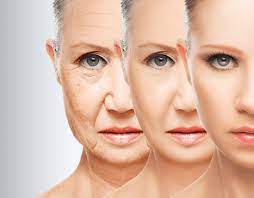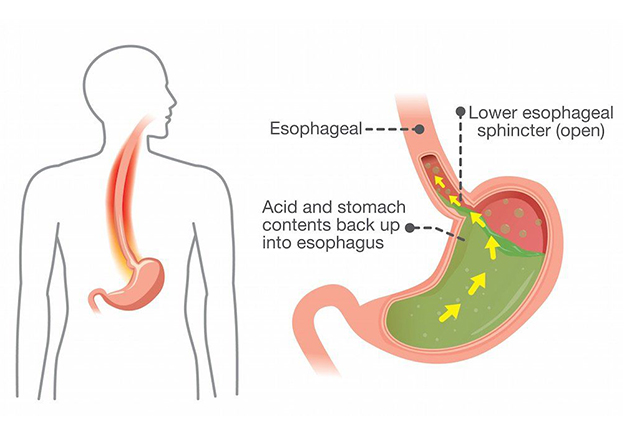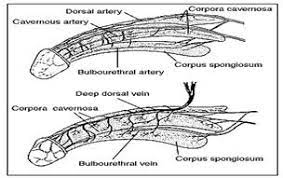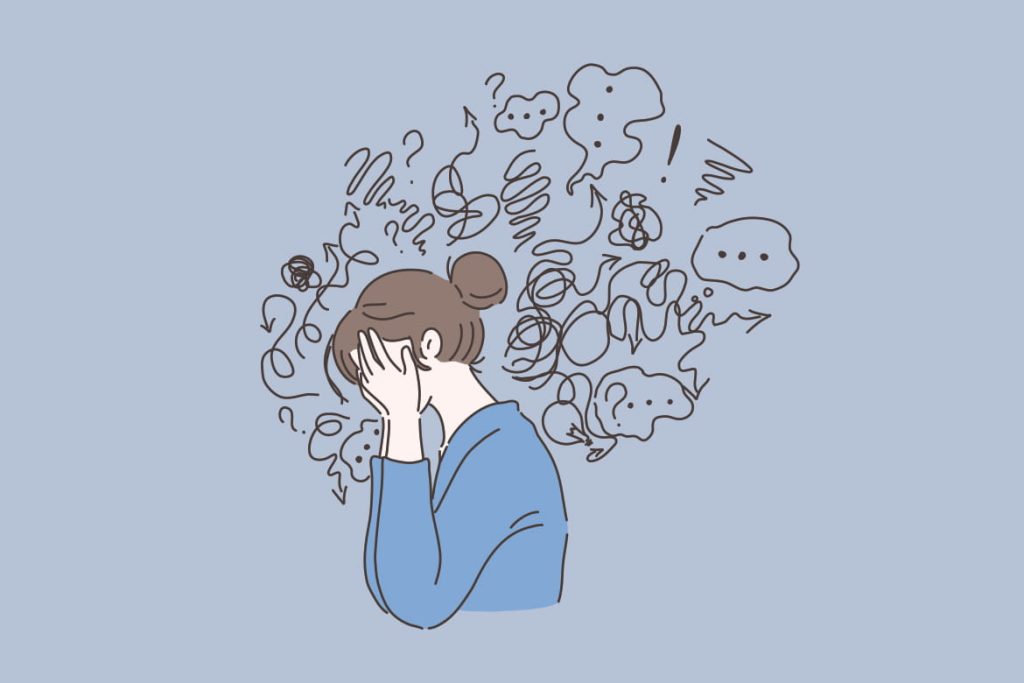Talk therapy for depression may lower heart disease risk.
The benefits of talk therapy may go beyond the treatment of mental disease, however, they are crucial in the management of depression. Researchers are still trying to figure out how depression and cardiovascular disease are related.
According to a study, those with depression who had relief from their symptoms following psychotherapy also had a lower risk of developing cardiovascular disease.
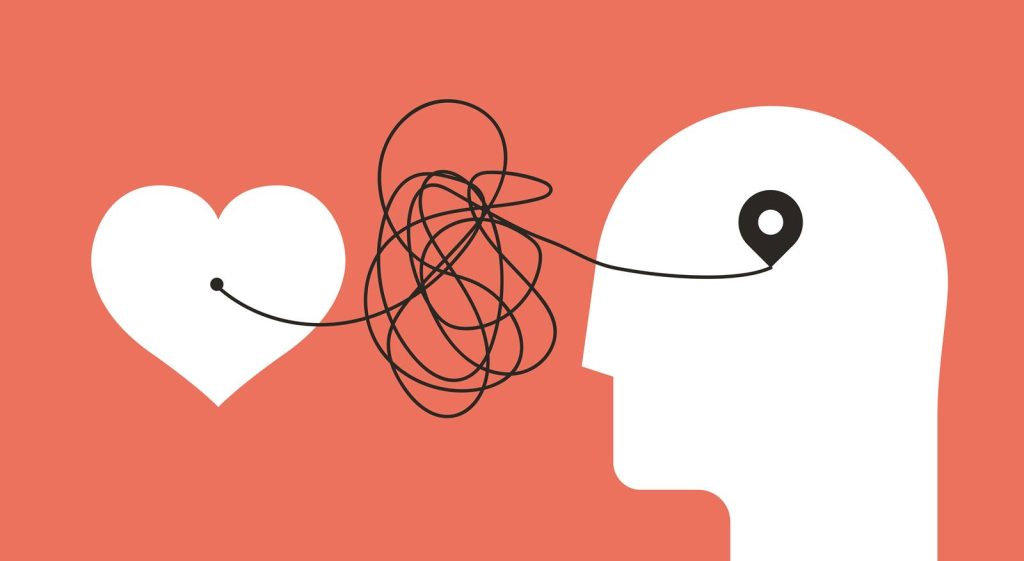
One of the most prevalent mental illnesses, depression can have negative effects on other aspects of health. Researchers are still trying to figure out how depression treatment affects the outcomes of cardiovascular disease and how the two are related to one another.
In a recent study, published in the European Heart Journal, it was investigated how the use of psychotherapies to treat depression affected the progression of cardiovascular disease.
The researchers discovered that people who experienced reduced depression following psychotherapy also experienced a decreased risk for developing new cardiovascular illnesses, coronary heart disease, stroke, and all-cause death.
Talk Therapy
Mental health experts interact with their patients through talk therapy, sometimes called psychotherapy. Talk therapy is meant to aid in the identification of problems that are generating emotional pain.
Everybody experiences emotional ups and downs. Some people’s issues are transient, therefore no therapy is required. However, for some people, attending talk therapy can significantly improve their mood and even alter their attitude on life.
It could be appropriate to think about talk therapy if you’re dealing with a medical condition, losing a loved one, or experiencing anxiety, stress, or depression.
For some people, talk therapy can provide a secure setting to talk about feelings and emotions brought on by everyday stressors, a medical condition, interpersonal conflict, bereavement, or the effects of a particular event.
Other people may experience the same problems in a complex way, leading to a diagnosis of a mental illness like depression or anxiety.
Once the problems are located, a therapist will work with you to comprehend how these pressures affect your life and will assist you come up with solutions and techniques to lessen the severity of the symptoms.
A talk therapy session typically lasts for 50 minutes to an hour. The frequency and duration of therapy sessions depend on the severity of your symptoms and your treatment plan.
You might anticipate going to counselling once a week at first. Attending weekly appointments provides you the chance to get to know your therapist and become accustomed to the process, even though it may feel like a big commitment.
As you learn coping mechanisms and start to exhibit signs of progress, the number of meetings may increase to twice a month.
Talk therapy is used to treat depression.
A frequent mental ailment that affects people all around the world is depression. It can be crippling and challenging to control. Depression and other health issues can have complicated relationships.
For instance, those who have certain chronic conditions may be more susceptible to depression. People with depression may also be more susceptible to other health issues like pain and type 2 diabetes.
Individuals’ mental and physical health depend on receiving prompt treatment for depression.
One often-used element of depression treatment is psychotherapy. Talk therapy is a frequent abbreviation for psychotherapy. There are various forms of psychotherapy, but they can all concentrate on addressing issues, spotting negative thought patterns, and controlling actions and emotions.
Talk therapy is used to treat depression, according to Dr. Sarah-Nicole Bostan, a clinical health psychologist and director of behaviour change strategy at Signos who was not involved in the study.
Psychotherapy is frequently suggested as a first-line treatment for depression because of its well-known efficacy and minimal to no side effects, except for brief discomfort during therapy. One of the most successful evidence-based forms of treatment for depression is cognitive behavior therapy (CBT), which includes behavioral activation. In CBT, patients learn more constructive ways to view themselves as well as how to put new behaviors and routines into practice to help them feel better.
“Effectiveness of therapy can be measured throughout treatment through validated assessments, but at a bare minimum should be assessed at the beginning and end of a course of treatment,” she said. The indirect effects of psychotherapy on other aspects of health are still a subject of research.
Psychotherapy reduces the risk of CVD
Heart and blood vessel issues fall under the broad area of cardiovascular disease (CVD). Heart attack, stroke, and heart failure are a few examples of cardiovascular ailments.
This retrospective cohort study’s researchers sought to comprehend the connection between the risk for cardiovascular disease and the efficacy of treating depression.
In their investigation, researchers used 636,955 participants. Each participant had finished a term of treatment and met certain threshold requirements for depression. Additionally, none of the participants in the Improving Access to Psychological Therapy programme had cardiovascular illness prior to utilising it.
Researchers checked in on individuals on average three years later to see how often cardiovascular events and all-cause deaths occurred.
Researchers discovered that the greatest benefit was experienced by those whose depression improved after psychotherapy. According to what they discovered, “those whose depression symptoms improved after therapy were 12% less likely to experience a cardiovascular event than those who did not.”
They also discovered a link between reduced risk of coronary artery disease, stroke, and all-cause mortality and improved depression following medication. People under the age of 60 had a larger reduced risk of cardiovascular disease than people beyond the age of 60.
Study restrictions
This study contributes to our understanding of the effects of psychotherapy on other aspects of health. To have a deeper grasp in this area, more research is required.
There were some important restrictions on the study. First, participant self-reporting is used in the assessments of improved depression, which has several drawbacks. Examining every item that might have helped with the improvement of depressed symptoms is also difficult.
Additionally, the study is unable to demonstrate that treating depression lowers the chance of developing cardiovascular disease. It’s likely that individuals made further lifestyle adjustments that decreased risk.
Researchers are aware that reverse causality is a possibility, and the findings of the study cannot be applied to those who do not seek treatment for depression. The study had a short follow-up period as well, so future research may use longer time periods.
Finally, data on a number of possible confounders, such as participant social support, alcohol consumption, or tobacco use, were lacking. These unaccounted-for variables might have affected the effectiveness of depression treatment and cardiovascular risk.
Next steps in research
Overall, the research shows that psychotherapy has a big impact on other health outcomes.
Dr. Sarah-Nicole Bostan said, “This research confirms what we’ve known for quite some time, which is that even a small number of sessions lasting anywhere between 30 minutes and an hour over a few short months can not only significantly ameliorate depression symptoms, but can also set someone on a healthier trajectory for years to come by providing patients with the tools to address their future stressors.”
More investigation is required in this field, but the study shows the value of psychological therapy, according to Celine El Baou.
“This study is a preliminary step towards understanding this link. To establish causation or comprehend specific behavioral or biological factors, more study is required. It does, however, highlight how crucial it is to ensure that psychological therapies are widely available, she added.
REFERENCES:
- https://www.healthline.com/health/mental-health/talk-therapy
- https://www.medicalnewstoday.com/articles/talk-therapy-for-depression-may-help-lower-heart-disease-risk
- https://healthnews.com/news/treating-depression-with-talk-therapy-may-reduce-heart-disease-risk/
- https://www.news-medical.net/news/20230419/Talking-therapies-for-depression-may-be-linked-to-reduced-rates-of-future-cardiovascular-disease.aspx
For Heart disease medications that have been suggested by doctors worldwide are available here https://mygenericpharmacy.com/index.php?cPath=77_99
